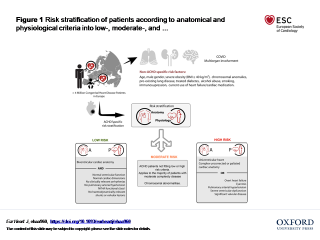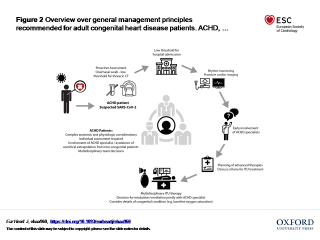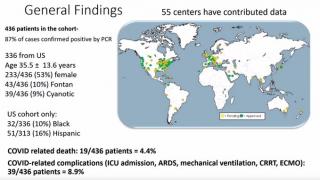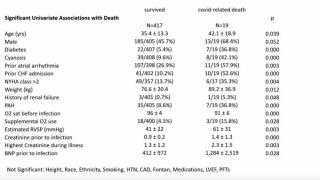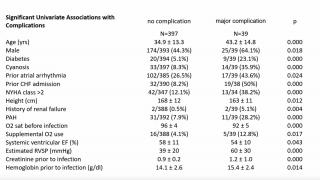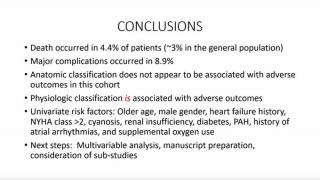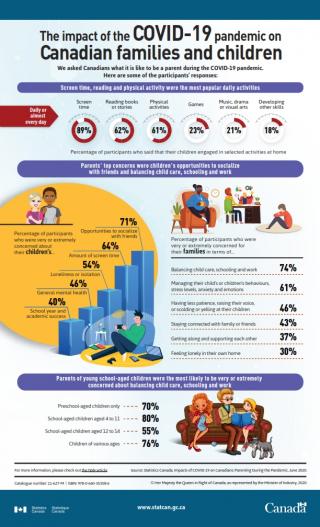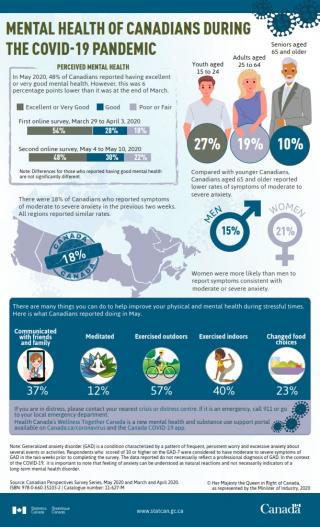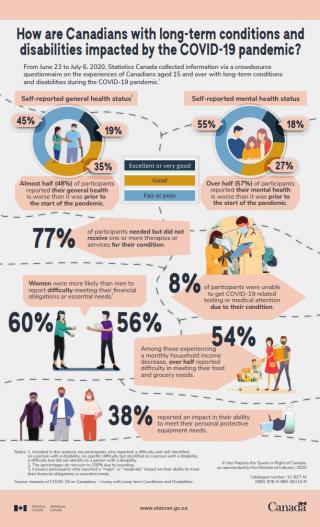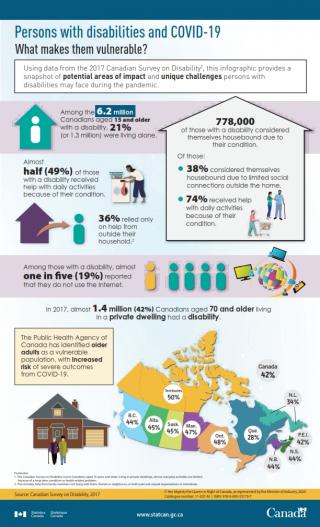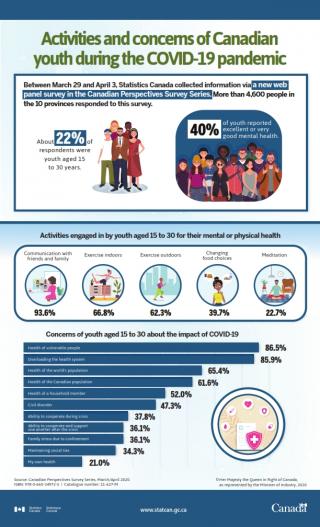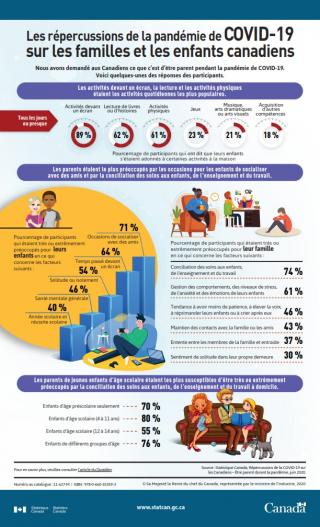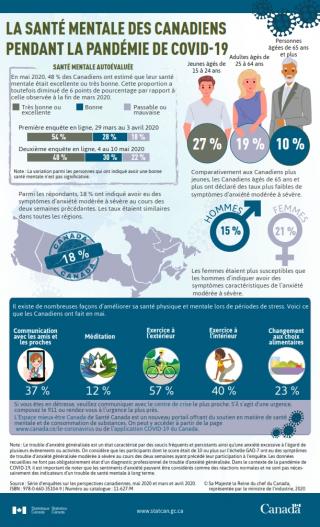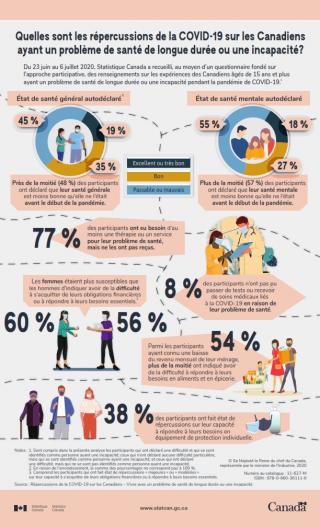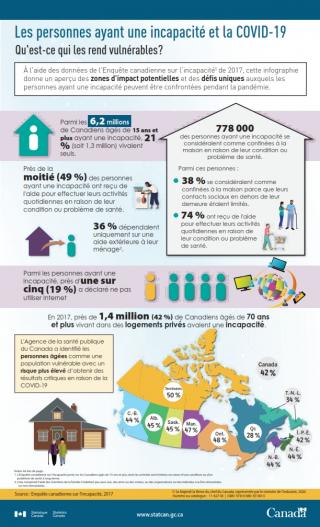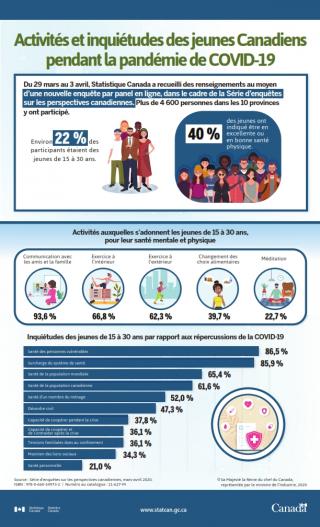COVID-19 and CHD Research
You are here
December 12, 2020 Postion paper from the ESC working group of Adult Congenital Heart Disease and the International Society for Adult Congenital Heart Disease.published in Eurpoean Heart Journal. https://doi.org/10.1093/eurheartj/ehaa960
The paper discusses the broad impact of COVID-19 on ACHD patients, focusing specifically on pathophysiology, risk stratification for work, self-isolation, hospitalization, impact on pregnancy, psychosocial health, and longer-term implications for the provision of ACHD care.
Figure 1 illustrated the non-ACHD risk factors and as well as categorizes risk for ACHD
Table 1 outlines recommendations for work/education according to patient risk category
General considerations regarding work/education
Low-risk ACHD patients
Usual protection measures recommended
Follow general recommendations (face mask, etc.)
No general limitation for work/school
Moderate-risk ACHD patients
Individualized risk assessment. General recommendations:
- Reduce non-essential contact with public/clients/students/colleagues
- Discuss workplace protective measures (face mask/PPE)
High-risk ACHD patients
Meticulous physical distancing
Avoidance of direct contact to clients or students whenever possible. Preference for home office work
Adequate immunization status (influenza/pneumococcal disease) is recommended, specifically mentioning patients with Down syndrome, univentricular hearts, asplenia, cyanotic congenital heart disease, 22q11 syndrome and other conditions with compromised immune system.
Figure 2 provides an oveview of management guidelines for ACHD patients with suspected COVID-19
with Table 2 identifing vulnerable ACHD sub-cohorts and the specific management considerations and pertinent pathophysiological characteristics
Univentricular heart—including Fontan palliation
PAH
Eisenmenger physiology (shares all aspects with cyanotic conditions)
Cyanotic conditions
Systemic RV
Patients with Down syndrome
The paper discourages collapsing all patients with ACHD into the one broad category with adults with acquired cardiovascula disease for risk of complications from COVID-19 and recognizes that social isolation, psychological distress and the avoidance of medical care can have devestating impacts.
For full details and recommendations, please read the full article at https://doi.org/10.1093/eurheartj/ehaa960
*******
October 8, 2020 Data released from an International Society for Adult Congenital Heart Disease and American Congenital Heart Association supported international patient registry on #COVID19 outcomes in people with ACHD, presented at the 30th International Symposium on October 8, 2020.
Recent registry data shows 4.4% COVID-related death rate and 8.9% COVID-related complication rate
Significant univariate associations with COVID-related death:
- older age
- diabetes
- baseline cyanosis/hypoxemia
- prior arrhythmia or CHF
- worse NYHA functional class
- heavier weight
- renal disease
- pulmonary hypertension
- higher RV systolic pressure
- higher BNP prior to infection
Similar associations for COVID-related complications
Anatomic classification does not appear to be associated with adverse outcomes in the #ACHD cohort, but physiologic classification does. You can refer to details of anatomic/physiologic classification in Table 4 from the 2018 ACHD guidelines here: https://www.ahajournals.org/doi/epub/10.1161/CIR.0000000000000603
Congratulations to study investigators Dr. Jamil Aboulhosn, Dr. Adrienne Kovacs and Dr. Craig Broberg, as well as all contributing centers and investigators!
Thank you to International Society for Adult Congenital Heart Disease for providing this summary from the ISACHD Symposium 2020 @IntlACHD
Visit our COVID-19 and CHD information page for health information and Tips infographic for those living with CHD
Visit our COVID-19 Wellness and Activities Resources page for fun activities and resources for families
++++++++++++++++++++++++++++++++++++++++++++++++++++++++++
Every year, Statistics Canada collects data from hundreds of surveys. As the amount of data gathered increases, Statistics Canada has introduced infographics to help people, business owners, academics, and management at all levels, understand key information derived from the data. Infographics can be used to quickly communicate a message, to simplify the presentation of large amounts of data, to see data patterns and relationships, and to monitor changes in variables over time.
These infographics will provide a quick overview of Statistics Canada survey data.
![]() Download StatsCan_Persons with disabilities and COVID-19_EN_2020_07_06_11-627-m2020040-fra.pdf (700.99 KB)
Download StatsCan_Persons with disabilities and COVID-19_EN_2020_07_06_11-627-m2020040-fra.pdf (700.99 KB)
To see the full list of infographics available on variety of topics, visit Statistics Canada Infographics
*******************************************************************************************
Chaque année, Statistique Canada recueille des données dans le cadre de centaines d'enquêtes. Comme le nombre de données recueillies augmente, Statistique Canada a mis au point des infographies pour aider les particuliers, les entrepreneurs, les universitaires et les gestionnaires à tous les niveaux à comprendre l'information clé tirée des données. Les infographies peuvent être utilisées pour communiquer rapidement un message, simplifier la présentation de grandes quantités de données, déterminer les tendances et les rapports dans les données et surveiller les changements dans les variables au fil du temps.
Ces infographies fourniront un bref aperçu des données d'enquête de Statistique Canada.
![]() Download StatsCan_Les personnes ayant une incapacité et la COVID-19_FR_2020_07_06_11-627-m2020040-fra.pdf (705.23 KB)
Download StatsCan_Les personnes ayant une incapacité et la COVID-19_FR_2020_07_06_11-627-m2020040-fra.pdf (705.23 KB)
Pour voir la liste complète des infographies disponibles sur divers sujets, visitez Infographie de Statistique Canada
Upcoming
Sorry, there are no posts at this time.

